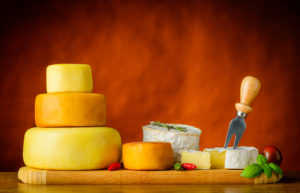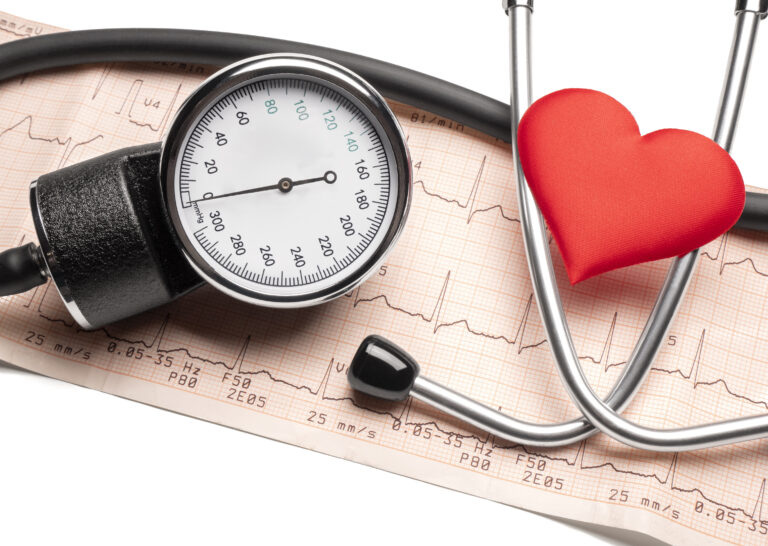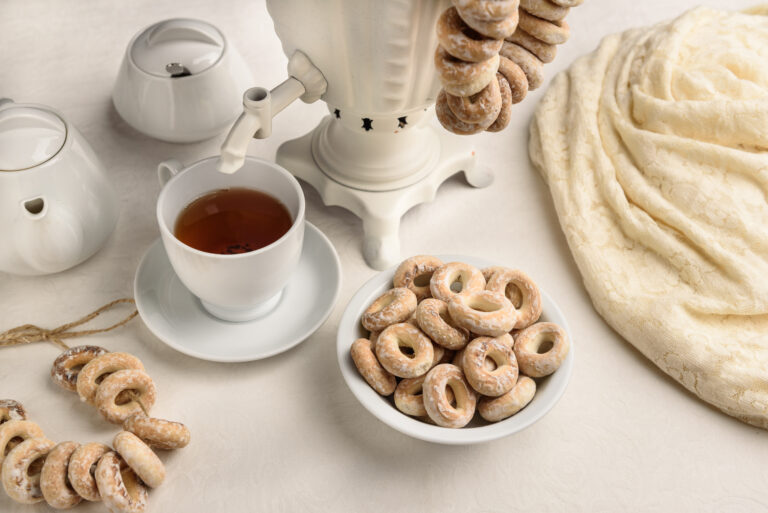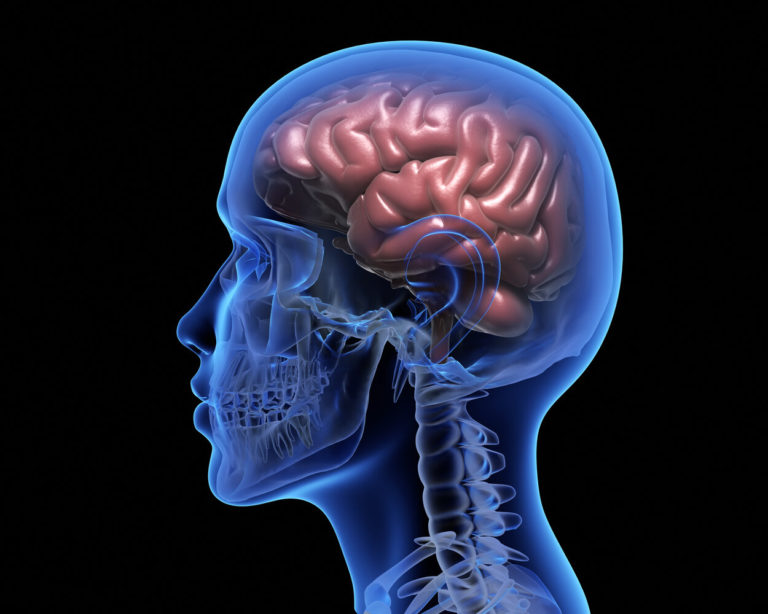Can cheese possibly be as addictive as heroin or crack? Researchers say the answer is yes. A 2015 study revealed that cheese contains chemical properties that may cause some people to crave it the same way addicts crave drugs.
Researchers at the University of Michigan looked at whether or not highly processed foods had the potential to be addictive by asking volunteers to complete the Yale Food Addiction Scale (YFAS), and rate which foods were most tempting. Participants scored highly processed, high-fat foods the most addictive, with pizza making it to the top of the list.
Just like heroin and cocaine, foods like pizza are often consumed in large quantities and rapidly absorbed into the bloodstream. The result? Anyone who eats them may develop a “food high” that can eventually turn into a food addiction.
But what is it about cheese that may make it more addictive than other foods? Researchers believe it’s a chemical found in dairy products called casein. As it’s digested, casein releases opiate-like molecules known as casomorphins which produce a high that’s similar to drugs. Casomorphins also interact with the brain’s dopamine receptors, creating an addiction. Scientists suspect that milk contains casomorphins to encourage babies to drink their mother’s milk. Low levels of casomorpins don’t seem to pose a problem, but once dairy is processed, the casein becomes concentrated, making it a far more potent food. Cheese has seven times the amount of casein of milk, making it more tempting.
Researchers noted that cheese wasn’t the only food that had the potential for triggering uncontrollable cravings. The study discovered that other processed, fatty foods with a high glycemic load (the ability for a food to raise someone’s blood sugar) has addictive properties, too.
Although most people might chuckle at the idea of cheese or other high-processed, high-fat meals being as dangerous as an illegal drug, physicians would disagree, noting that eating they can contribute to obesity, high cholesterol, and hypertension.







